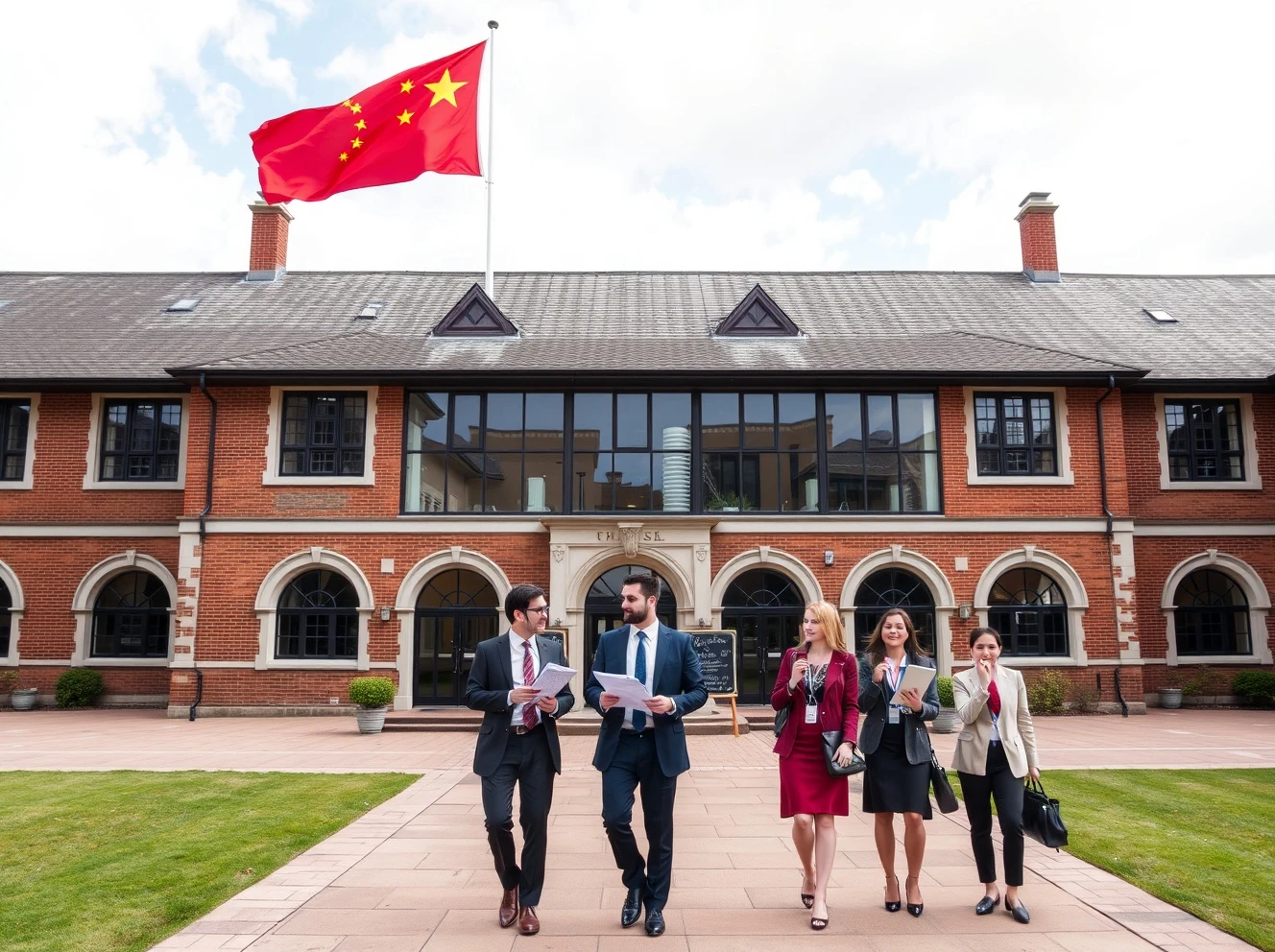UK private schools face a transformative moment as Chinese investors recognize unprecedented opportunities in Britain’s education sector. Recent VAT changes on school fees have created financial pressures that are opening doors for international investment while reshaping the educational landscape.
VAT Changes Reshape UK Private Schools Landscape
The application of VAT on private school fees has significantly impacted domestic enrollment. British families now face higher costs, forcing many to reconsider private education options. Consequently, schools experience declining pupil numbers and financial strain. This situation creates urgent need for alternative funding sources.
Chinese Investment in UK Private Schools Gains Momentum
Chinese investors demonstrate strong interest in UK private schools for multiple reasons. The prestigious reputation of British education attracts international attention. Geopolitical tensions limit expansion opportunities within China itself. Parents seek quality education abroad for their children. Additionally, Britain’s perceived safety compared to the US strengthens its appeal.
Key investment drivers include:
- Prestige of British education system
- Limited expansion opportunities in China
- Strong demand from Chinese parents
- Political stability and safety concerns
Financial Lifeline for Struggling Institutions
Chinese-backed capital offers crucial support to UK private schools facing financial challenges. International students can replace lost domestic enrollment. Schools gain access to new funding streams. However, institutions must balance financial benefits with maintaining educational standards. Some schools express reluctance about ceding control to overseas investors.
Integration Challenges and Cultural Considerations
Successful partnerships require careful management of several factors. Balancing foreign ownership with British management presents ongoing challenges. Cultural differences must be addressed proactively. Schools must continue serving local communities effectively. Maintaining institutional identity remains paramount for many establishments.
Future Outlook for UK Private Schools
The education sector continues evolving amid these changes. International investment brings both opportunities and responsibilities. Schools must adapt while preserving educational quality. The long-term impact on British education remains to be seen. However, current trends suggest significant transformation ahead.
Frequently Asked Questions
Why are Chinese investors interested in UK private schools?
Chinese investors seek stable investment opportunities in prestigious education markets. Geopolitical tensions limit options in China, making UK schools attractive alternatives with strong reputations.
How does VAT affect private school fees?
VAT application increases costs for families, making private education less affordable for domestic students and creating financial pressure on institutions.
What challenges do schools face with foreign investment?
Schools must balance maintaining British management styles with investor expectations while preserving local identity and serving community needs.
Are international students replacing domestic pupils?
Yes, many schools see international students filling spaces left by domestic families who can no longer afford increased fees.
How does UK education compare to other countries for Chinese investors?
The UK offers perceived safety advantages over the US and maintains strong educational traditions that appeal to international investors and parents.
What should schools consider before accepting foreign investment?
Institutions should evaluate control arrangements, cultural integration plans, and long-term commitment to maintaining educational standards and local community service.








